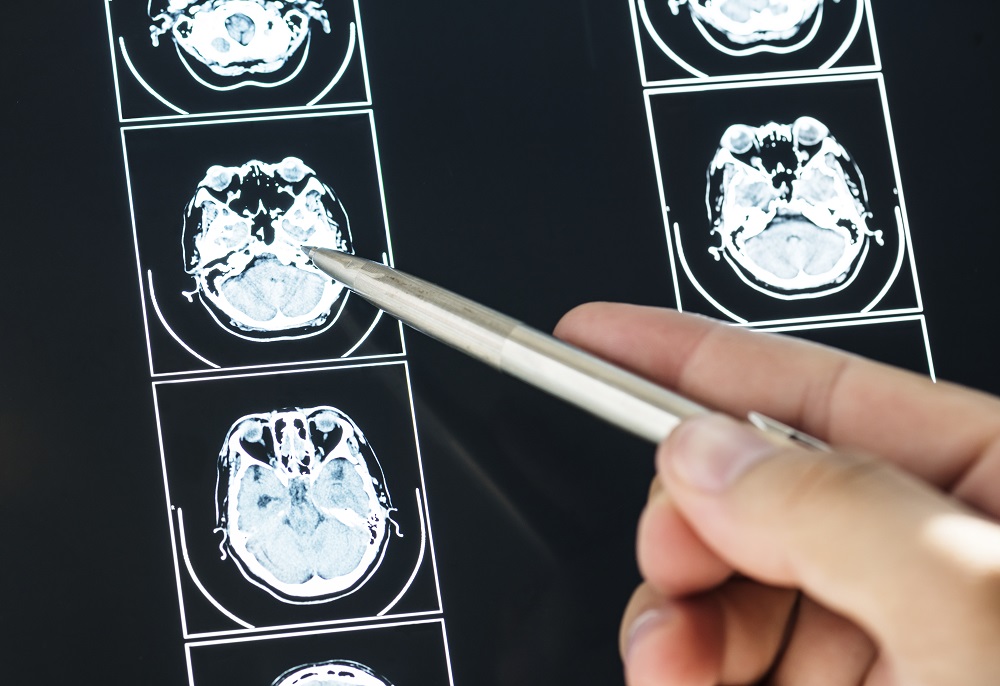Cancer rehabilitation is a complex process involving the physical, functional, emotional, and social recovery of individuals who have undergone cancer treatment. In this context, nutrition becomes a fundamental pillar and, in many cases, a determining factor for therapeutic success. Understanding how proper nutrition influences energy, muscle strength, immune function, and quality of life allows for a more comprehensive and effective approach.
In this article we will delve into the role that nutrition plays in cancer rehabilitation , highlighting its impact on symptom control, physical recovery and the patient’s ability to adapt to new therapeutic routines.
Why is nutrition essential during and after cancer treatment?
Cancer treatments—such as chemotherapy, radiation therapy, or surgery—have a significant impact on the body. Many patients experience unintentional weight loss, reduced muscle mass, chronic fatigue, changes in appetite, or digestive problems.
In this scenario, nutrition plays key roles:
1. Maintain or regain muscle mass
Muscle loss (sarcopenia) is common and directly affects functional capacity. Adequate protein intake helps preserve strength, improve mobility, and facilitate strength training during rehabilitation .
2. Strengthen the immune system
A balanced diet rich in vitamins, minerals, and antioxidants helps the immune system respond better to infections and reduces complications during the recovery process.
3. Promote tissue healing and repair
Nutrients such as zinc, vitamin C, vitamin A, omega 3 and proteins are essential for cell regeneration after surgeries or inflammatory processes resulting from treatments.
4. Contribute to the control of side effects
A tailored diet can improve symptoms such as nausea, diarrhea, constipation, mucositis, lack of appetite, or alterations in taste.
5. Increase energy and reduce fatigue
Cancer fatigue is one of the most debilitating symptoms. A proper diet ensures an optimal energy supply to cope with daily activities and actively participate in rehabilitation sessions.
Key nutritional components during cancer rehabilitation
High-quality proteins
They are the foundation for muscle recovery and tissue repair. It is recommended to include sources such as fish, eggs, lean meats, legumes, or dairy products, depending on individual tolerance.
Healthy fats
Omega-3 fatty acids have beneficial anti-inflammatory effects. They are found in oily fish, chia seeds, walnuts, and extra virgin olive oil.
Complex carbohydrates
They are essential for maintaining energy. Choosing oats, brown rice, potatoes, quinoa, or whole-wheat bread helps stabilize glucose levels and prevent fatigue spikes.
Antioxidants and phytochemicals
Fruits and vegetables provide protective compounds that help reduce inflammation and support the immune system.
Adequate hydration
Water is essential to prevent dizziness, improve digestion, and ease kidney work, especially in patients undergoing chemotherapy.
The importance of an individualized nutrition plan
Each cancer patient has different needs depending on the type of cancer, the treatment received, the presence of side effects, and their prior nutritional status. Therefore, personalized assessment is essential.
A tailored plan allows:
- Adjust the diet during periods of loss of appetite or malabsorption.
- Correct nutritional deficiencies.
- Balancing diet with the therapeutic exercise program.
- Improve treatment tolerance.
- Increase adherence to rehabilitation.
Joint action between nutritionists, physiotherapists and medical specialists guarantees a comprehensive approach with better results.
Nutrition and therapeutic exercise: an inseparable pair
Scientific evidence shows that the combination of proper nutrition and supervised exercise produces significant improvements in muscle strength, functionality, balance, and quality of life.
Cancer rehabilitation based on therapeutic exercise—especially strength and mobility—requires adequate nutritional support to:
- Maximize muscle recovery.
- Increase the capacity for effort.
- Reduce the risk of injury.
- Promote a faster recovery after each session.
Nutrition is not a secondary component of cancer rehabilitation, but a fundamental therapeutic tool. A proper, individualized diet, aligned with the physical and functional goals of treatment, accelerates recovery, improves quality of life, and strengthens the body’s ability to adapt to the process.







